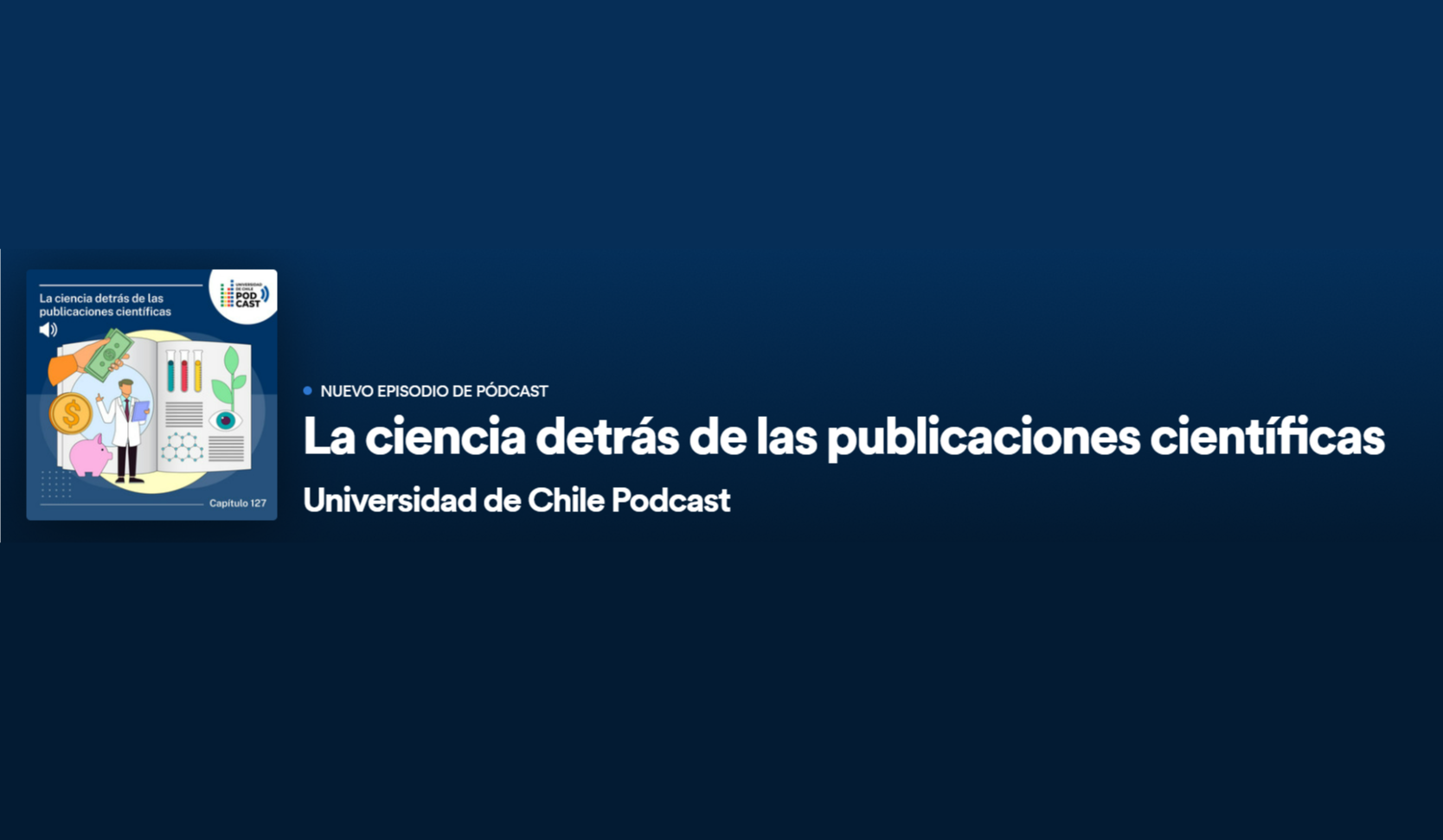Interviews
The difficulties that researchers must face in order to develop science in our country
- January 23, 2024
- Publicado por: ACCDIS
- Category: ACCDiS in Media News
 External factors such as gender gaps and excessive competitiveness in accessing funding are some of the situations that hinder the development of science in Chile, An area characterized by collaboration. Academics, academics and directors of the Vice-Rectory for Research and Development of the U. address the challenges that exist in this area and explain the multiple contributions that are generated in the development of research.
External factors such as gender gaps and excessive competitiveness in accessing funding are some of the situations that hinder the development of science in Chile, An area characterized by collaboration. Academics, academics and directors of the Vice-Rectory for Research and Development of the U. address the challenges that exist in this area and explain the multiple contributions that are generated in the development of research.
Research is one of the fundamental pillars in complex higher education institutions. At the University of Chile, this work is a central part of its mission and its Institutional Development Plan (PDI). However, Currently, there are different challenges that researchers must face in our country, those that go beyond the theoretical and practical questions of research.
One of the clearest is financing, designatesRodrigo Fuster, Director of Research at the Office of the Vice-Rector for Research and Development, who recognizes that the financing system we have today is not sufficient for the country's needs in this area. “The State's investment in research, Not just in college, but throughout the research space, it's below the countries we look at”, raises.
Marcela Munizaga, Vice-Dean of the Faculty of Physical and Mathematical Sciences of the University of Chile, highlights that within an investigation there are many stages linked to funding. "If you need to take data, There's fieldwork, That typically has to be paid for. If laboratory tests need to be done, All of that comes at a cost (…) There are so-called open access journals where the reader does not pay, But it's the one who investigates who has to pay, So then you need funding to be able to publish in those journals.", says the researcher in transport engineering.
This situation threatens to slow down the country's development in different areas, warnsAnahí Urquiza, Director of Innovation at the University of Chile. The academic from the Faculty of Social Sciences indicates that funding becomes a barrier in most cases. "Clearly, thereWe have a serious problem that we are wasting opportunities at a time when our country needs to develop and build a different development model that is not dependent on natural resources, being able to connect with the challenges we have today", holds.
In this respect, Professor Fuster also acknowledges that this has generated a hostile environment in research, since in many cases a constant struggle to obtain funds is encouraged. "We as an institution have to be able to manage more resources for research as well.Currently, We have a culture of competing for a project in order to have the funding and develop an idea”, points out the Director of Research of the Casa de Bello.
For this reason, suggests adopting a long-term financing logic, something that has been successfully developed in other countries. "We are creating knowledge in other ways and I mention this because I believe that as a country we cannot detach ourselves, and even less so as an institution, from those issues that we want to sustain over time and that give the country its identity", Fuster adds.
Gender gaps and training new researchers
In the development of an investigation, Often, we also see cross-cutting problems in our society, such as the case of gender gaps. Anahí Urquiza points out that the perspectives of female researchers can be different and because they do not have enough space to show themselves, they are voices that are lost. "From the Office of the Vice-Rector for Research and Developmentwe've been working on an InES genre that's precisely focused on identifying, to understand these gaps and generate certain tools that allow us to support women in their academic careers and that they can jump over certain obstacles that are typical of the inequalities that are reproduced within our university", designates.
These gaps have been narrowing, for example, through the admission of more female students to units such as the Faculty of Physical and Mathematical Sciences. However, There are still careers where work continues to reduce them. Such is the case of Social Work, where efforts have been made to encourage male income. On the other hand, the Director of Innovation of the U. of Chile highlights the low number of publications by women at the national level, This also responds to historical roles that have been assigned to women. "At the University, we have seen that women tend to take on more care tasks from the institution, Management Tasks, Dedication to Students. Then, What we see in gender gaps is that women publish less, But they do much more other things within the institution”, explains Professor Urquiza.
Sergio Lavandero, academic at the Faculty of Chemical and Pharmaceutical Sciences of the University of Chile and founder of the Advanced Center for Chronic Diseases (ACCDiS ), He also reveals that this work also goes hand in hand with the training of new professionals, Specialists and researchers. "Many times they believe that research only translates into a paper. Not so (…) There are a lot of young people in this lab, i.e., We are preparing scientists in this research so that one of them will replace me and I can also follow this process.", affirms the 2022 National Science Prize, who also emphasizes the importance of science dissemination.
If you want to know more about how scientific research is carried out, we invite you to listen to chapter 127 of the Universidad de Chile Podcast, Now available inSpotify, Tantaku and YouTube.
Also Read here
